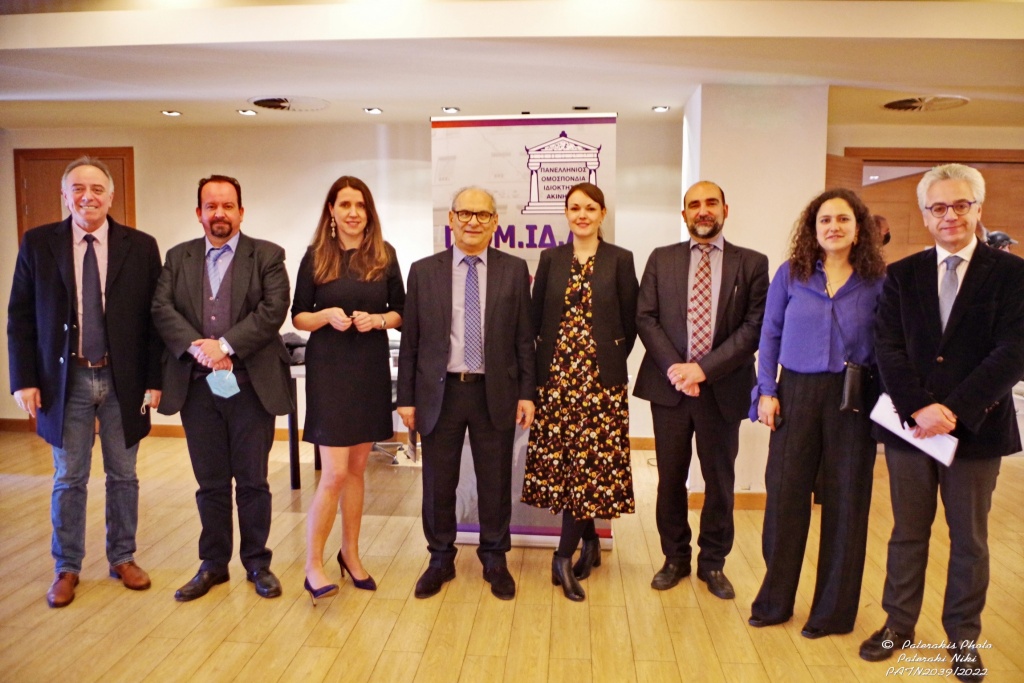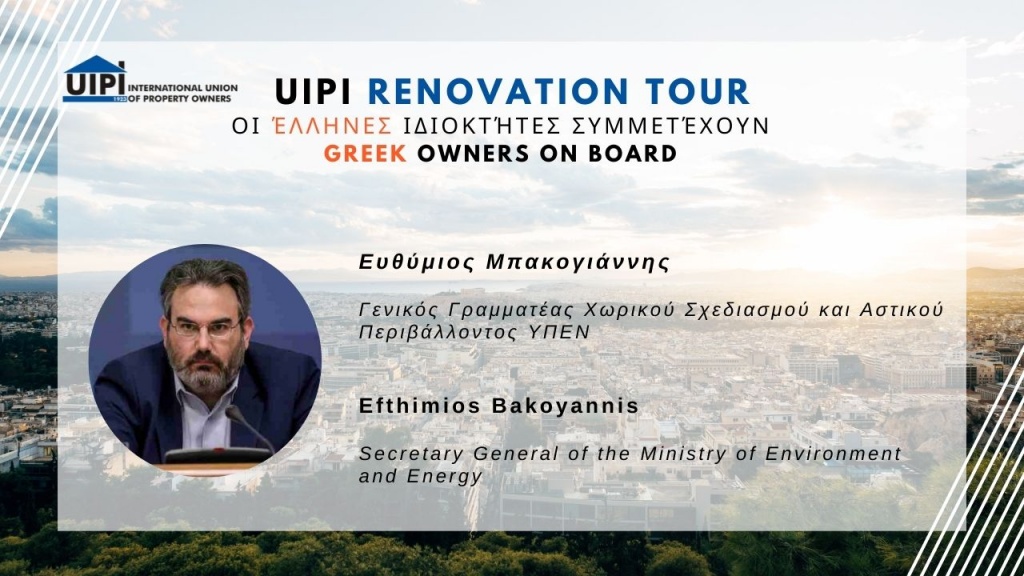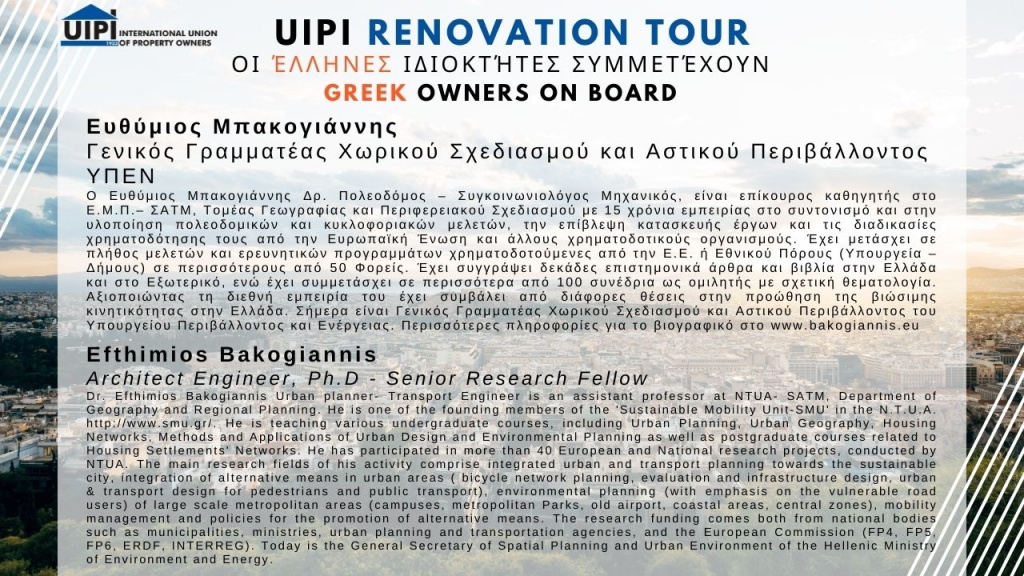
ABOUT
The EduHome Project aims at exchanging good practices for promoting the educational needs of homeowners in Europe.
Training provided to property owners should be easy easily available, use easy-to-use platforms, and be specially addressed and tailored to the needs and levels of property owners in each county. Several skills and information are important for homeowners and hence associations such as POMIDA should be able to demonstrate them.
For example, the energy-saving potential of the building sector in the EU has enjoyed increasing attention in recent years. Modernizing the building sector is attached to a number of important benefits for many actors in society including property owners. It results in reduced energy bills, increased disposable income and improved indoor comfort levels for households. For companies, greater energy efficiency translates to increased productivity and competitiveness, while for governments more jobs, lower public expenditures and higher energy supply security stemming from these investments are all highly sought-after goals especially in current economic circumstances (Ryan & Campbell, 2012).
With information, empowerment, and training to property owners, National Energy Efficiency Action Plans can be implemented. Actions to increase public awareness, induce behaviour change, and provide education constitute an important element of policies and programmes to support energy efficiency and energy savings. In particular, the overall goal of these policies and programmes is to reduce energy consumption through non-technological measures. Energy behaviour change can be targeted at individuals, communities and organisations. Within the EduHome project, we will inform property owners of the current legislation.
UIPI will mainly offer the European perspective in this project.
To find out more about the project, go to the POMIDA Eduhome website.


Funded by the European Union. Views and opinions expressed are however those of the author(s) only and do not necessarily reflect those of the European Commission. Neither the European Union nor the granting authority can be held responsible for them.



